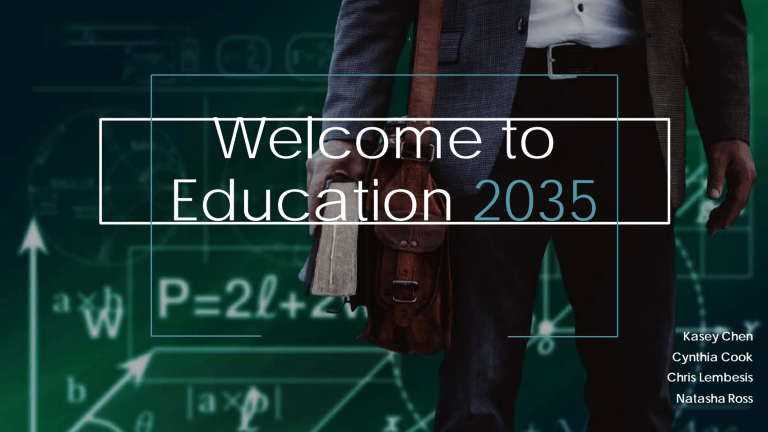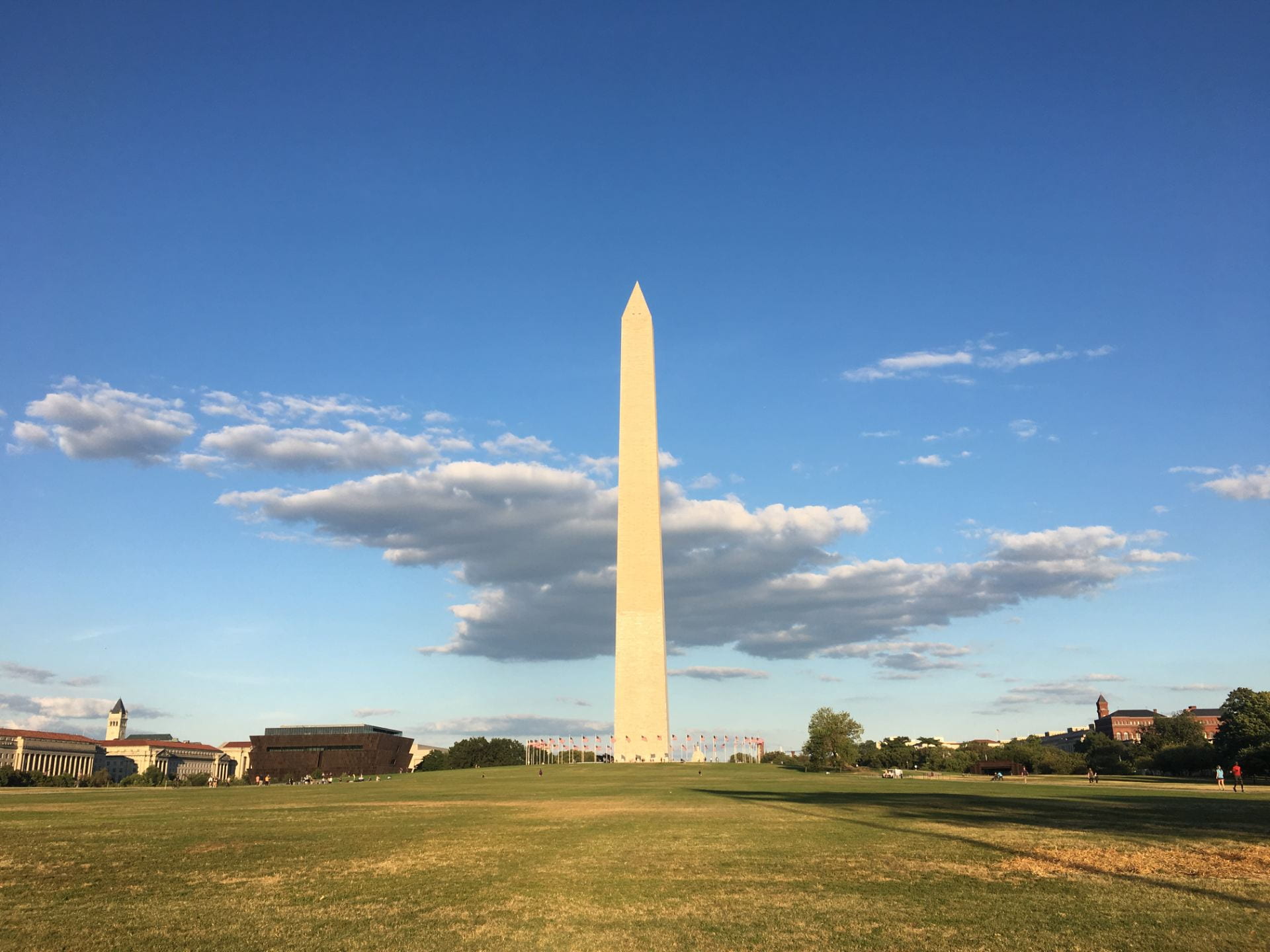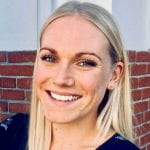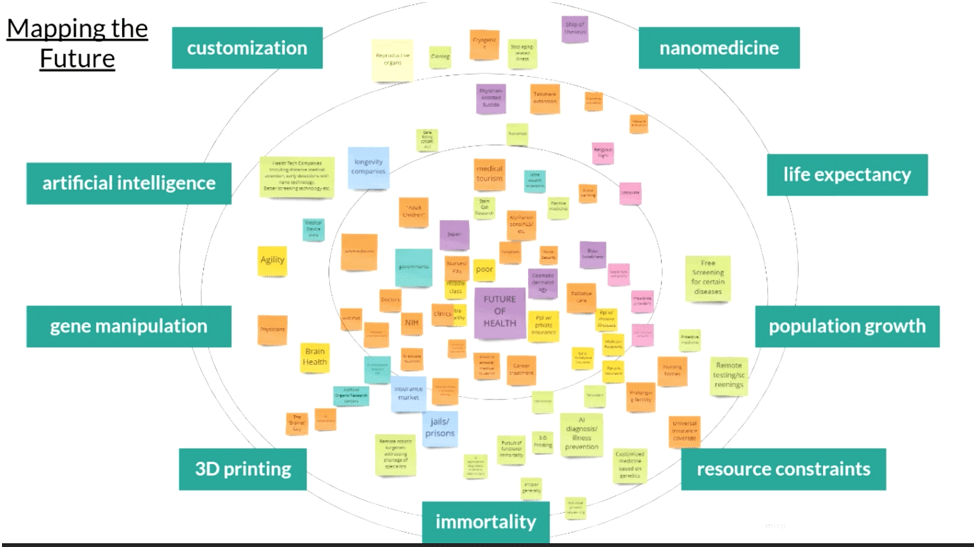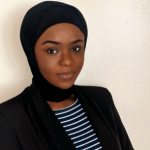In 2019 I saw Professor Thomas Debass present on strategic foresight when he presented as a guest speaker for the Business & Society course Privatization, Nationalization & Public Private Partnerships. Immediately following the presentation my classmate and I turned to one another and discussed with enthusiasm how we thought an entire course on strategic foresight would be an instrumental topic for inclusion in the MBA curriculum. Fast-forward to this summer, having taken such a course, I can say the class exceeded my lofty expectations.
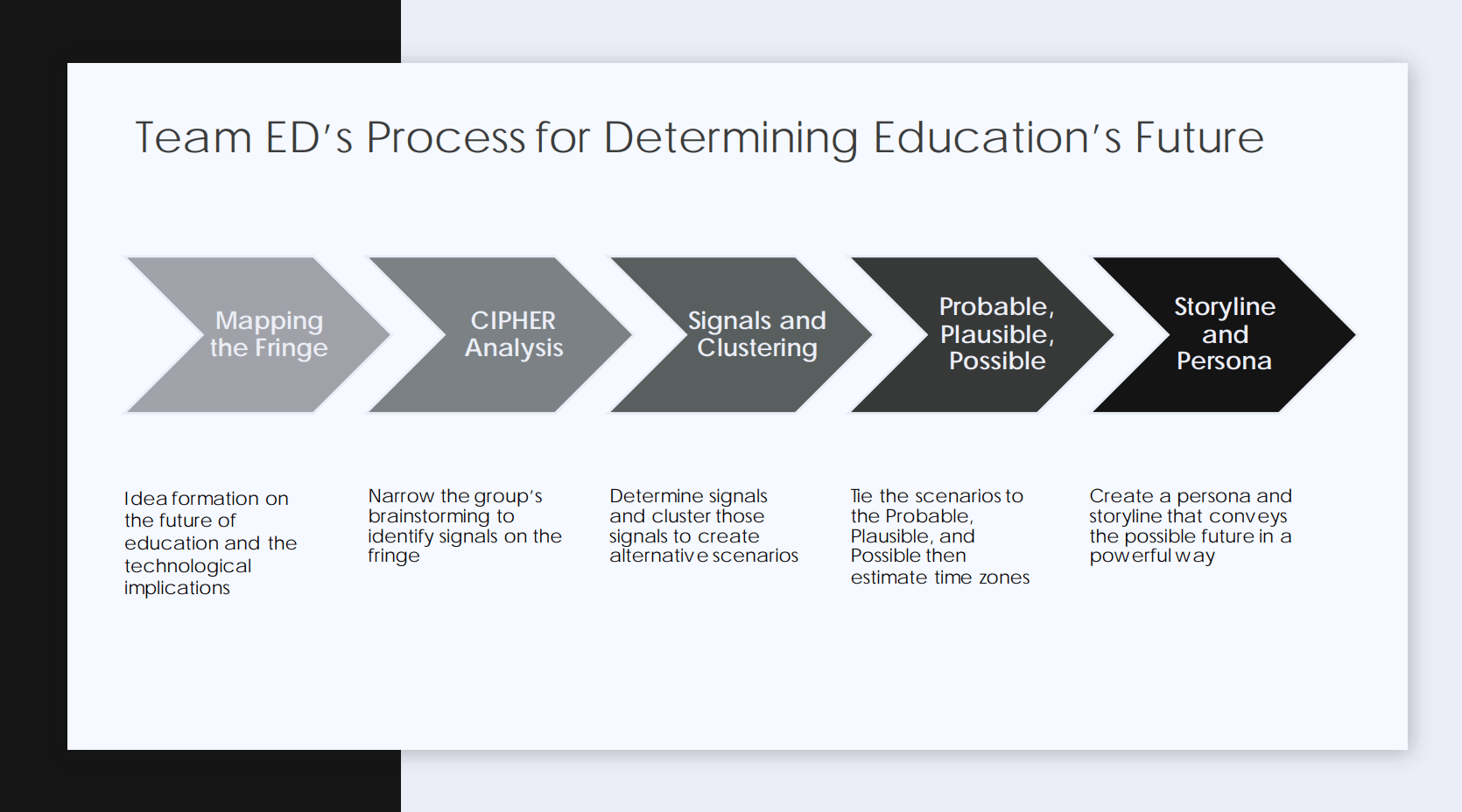
This Business & Society course began with reading assignments on futurism and two online pre-program sessions designed to provide a comprehensive overview of the topic and course, followed by four full days of lectures and guest speakers, culminating with a written group project and oral presentation. This format requires a sizable time commitment for students to prepare ahead of the daylong classes. While intense, the structure forces you to fully immerse yourself in the content. Professor Debass invited speakers to discuss and present their ideas regarding the future of their respective fields: aerospace, retail, education, and corporate innovation, to name a few. I was initially worried that taking such an intense course virtually would prove difficult (four days online 9am – 5pm). But I can honestly say the topics, class, and speakers engaged with the class in a way that I hardly noticed we were not in person.

More specifically, the class changed my mindset for identifying signals that could shed light on potential future pathways. My job, like many others, requires anticipation of problems or issues that might lie around the corner and those that might be in the medium-term. Other strategic management models and tools are useful, but the futurist mindset has been instrumental in just the last few weeks since completing the course. Another main takeaway from the course is the ability to interact with the impressive line-up of guest speakers. Each speaker’s command of the subject matter showed the class the direct application of course concepts in action. The very first speaker told a story on the needs for prison reform, but in the context of two peoples’ lives in a way that was both emotional and captivating. The ability for the speaker to convey his message in this way was not only impactful, but also taught us how important the skill is in developing scenarios, pathways, and “pretotypes” of a potential future state.
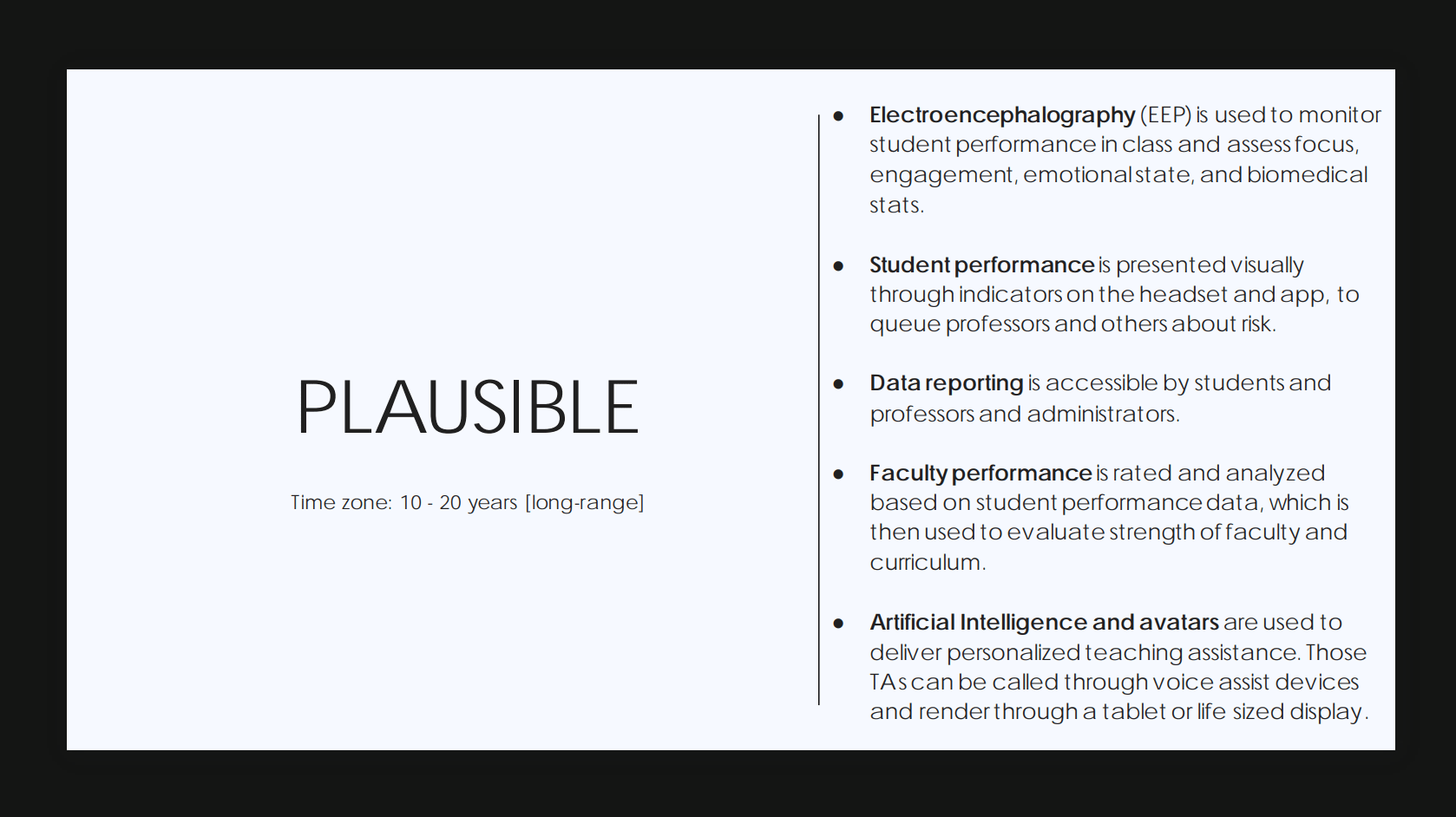
The summation of the class was the creation of a comprehensive group project. My team employed the tools provided from the readings, lectures, and guest speaker discussions to apply a futurist model to determine what might be “probable, plausible, and possible” futures for education. From there, we assessed and brainstormed potential future pathways for education. More importantly, we zeroed on the signals that could help forecast the future, which solidified the potential scenarios. This process allowed us to provide a proof of concept from our learnings. Overall, this class transformed my mindset to think forward leaning and to directly apply the knowledge and experience gained from the class directly to day-to-day life, both personally and professionally.

Chris Lembesis is a ‘20 MBA candidate at The George Washington University School of Business. He is a Senior Financial Institution and Policy Analyst II at the Federal Reserve Board.
To read more Business & Society Series reflections on our blog, click here.
To learn more about the Business & Society Series, click here.

